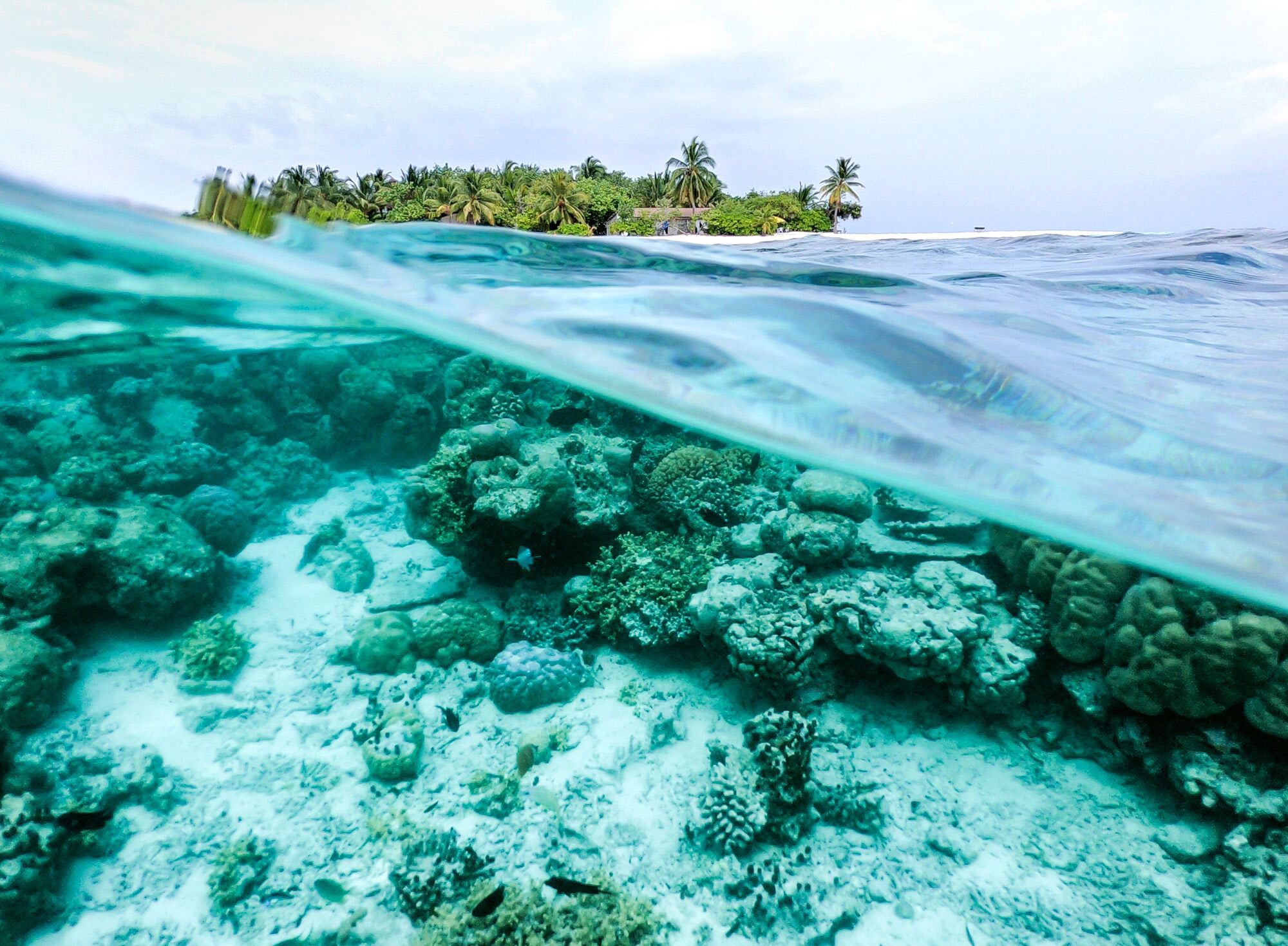Mexican Supreme Court Order to Protect the Veracruz Reef Still Unenforced
A port expansion project threatens the reef that hosts the greatest biodiversity of reef species in the western Gulf of Mexico
Contact
More than two years after the Supreme Court of Mexico ordered the adoption of several measures to protect the Veracruz Reef System and surrounding ecosystems affected by a port expansion project, the Ministry of Environment and Natural Resources (Semarnat) still refuses to comply with the ruling, putting the largest reef in the Gulf of Mexico and its environmental benefits at risk.
The environmental organizations Territorios Diversos para la Vida, A.C. (TerraVida), Mexican Center for Environmental Law (CEMDA), Interamerican Association for Environmental Defense (AIDA) and Earthjustice denounce this failure to comply with the court order.
The Veracruz Reef System — a Wetland of International Importance under the Ramsar Convention since 2004 — hosts the greatest biodiversity of reef species in the western Gulf of Mexico and is home to several critically endangered species such as the hawksbill sea turtle. The reefs are of high importance to the Veracruz community because they protect the coast from hurricanes and support local fishing and tourism.
On February 9, 2022, residents of Veracruz won a victory before the Supreme Court in an amparo action filed to defend the Veracruz reef and other relevant ecosystems from the impacts of the port expansion. The highest court in Mexico determined that Semarnat violated the people of Veracruz’s right to a healthy environment after finding the project’s approval to be severely deficient. As a result, the Court ordered the revocation of the project’s permits, as well as a complete and holistic reevaluation of the project’s impacts, tasks that Semarnat has not yet complied with.
“Today, the right to a healthy environment of the people living in the Veracruz-Boca del Río-Medellín metropolitan area continues to be violated because Semarnat, when re-evaluating the port expansion’s environmental impact after the court order, used outdated scientific information, failed to conduct a new evaluation, and allowed the port to again fragment its project by separating out the rock quarries and breakwaters,” said Francisco Xavier Martínez Esponda, co-coordinator of TerraVida, the organization representing the plaintiffs in the lawsuit. “In short, the project was never evaluated in a complete and holistic manner, as ordered by the Court, and therefore we remain unaware of the project’s true environmental risk.”
The environmental authority had authorized the project in a fragmented manner, dividing it into 15 sections, which it evaluated and approved independently, obscuring its full impact. Far from complying with the court’s order, on December 30, 2022, Semarnat’s General Directorate of Environmental Impact and Risk conditionally reauthorized the Veracruz port’s expansion, but once again in a fragmented manner, without adequately assessing the full project using the best available science and without allowing for public participation, as the court required.
In its decision, Mexico’s highest court also ruled that Semarnat was obligated, among other things, to seek international technical assistance to preserve the site within the framework of the Ramsar Convention, an intergovernmental treaty for the protection and sustainable use of wetlands and coastal areas. To date, Semarnat has not yet finalized its request for international support.
“In the absence of adequate and meaningful government efforts, there is a clear delay in obtaining expert advice from the Ramsar Convention,” said Jorge Lu Palencia, an attorney with AIDA. “It is paradoxical that the expansion of the port has been authorized while still awaiting an independent technical evaluation, which, by its nature, should be prior to any decision that puts the ecosystem at risk.”
In addition, a scientific analysis prepared by independent researchers concluded that the mitigation measures proposed by the project promoter — the Veracruz Port System Administration — are not capable of avoiding the adverse consequences on the Veracruz reef because they were not based on a scientifically valid assessment of the project’s impacts.
The scientific analysis shows that the environmental agency has not studied the potential impacts on the entirety of the reefs within the Veracruz Reef System National Park. In addition, dredging activities were carried out without considering the direct impact on the invertebrate species that inhabit the marine sediments. In view of the situation, the analysis recommends an external evaluation provided by a public research center.
For these reasons, the organizations, at different times, have requested the Fifth District Court in Veracruz — in charge of supervising compliance with the judgment — to withhold from ruling on compliance with the judgment until these deficiencies are corrected.

Additional Resources
About Earthjustice
Earthjustice is the premier nonprofit environmental law organization. We wield the power of law and the strength of partnership to protect people's health, to preserve magnificent places and wildlife, to advance clean energy, and to combat climate change. We are here because the earth needs a good lawyer.